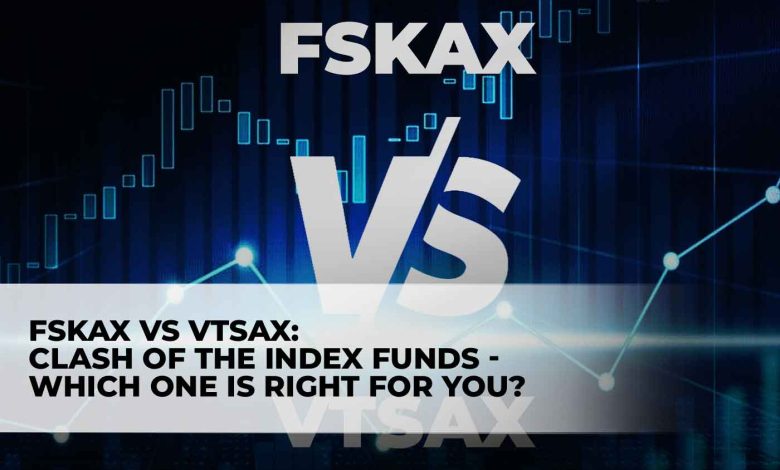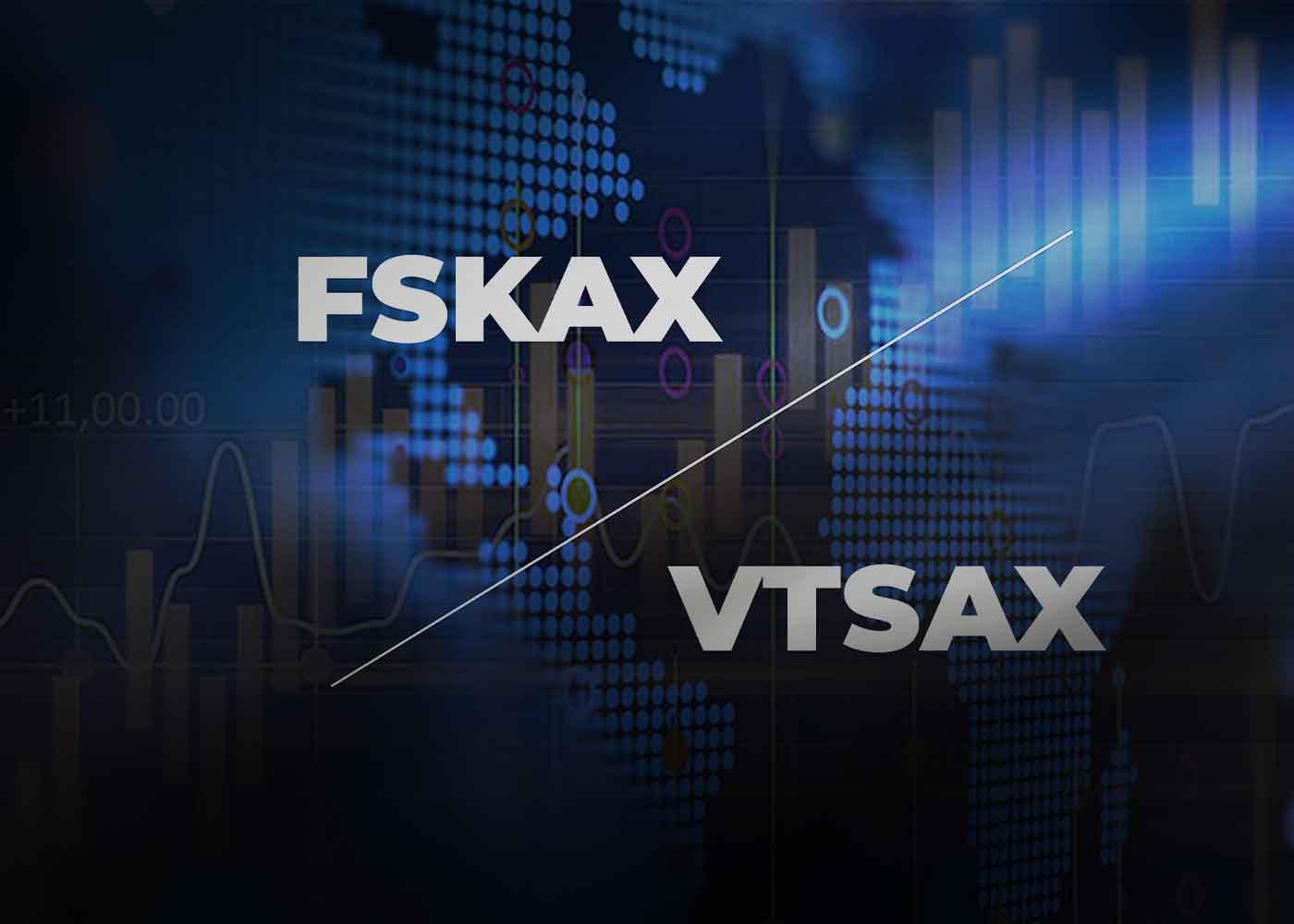
In the battle for the best index fund FSKAX vs VTSAX are two big names competing for attention . Both funds offer low-cost and broad-market exposure with a focus on minimizing fees . But how do they stack up against each other ? Let’s dive into the details and explore the key aspects to consider when choosing between FSKAX and VTSAX .
Low Fees and Passive Investing
The first factor to consider when building an investment portfolio is fees . High fees can eat into your returns over time . This makes low-cost options more attractive . For instance the ARKK technology ETF charges an expense ratio of 0 .75% which costs investors $75 for every $10,000 they invest . In contrast a fund with a fee of 0 .04% would only suffer a $4 fee for the same investment amount .
Both FSKAX and VTSAX are famous for their low expense ratios and minimizing fees for investors . While FSKAX holds a slight edge in terms of cost both funds focus on passive investment strategies and aim to match the performance of their respective indexes .
FSKAX and VTSAX: Understanding the Differences
The primary distinction between FSKAX and VTSAX is in the indexes they track . FSKAX tracks the Dow Jones while VTSAX follows the CRSP Index . FSKAX is offered by Fidelity whereas VTSAX is offered by Vanguard .
However when it comes to stability and reputation both FSKAX and VTSAX are highly regarded options . As total market index funds they provide exposure to a wide range of stocks and have a long track record of delivering solid returns .

Performance, Minimum Investment and Tax Efficiency
Over the past few years FSKAX and VTSAX have shown similar performance which makes them attractive choices for passive investors . FSKAX may have an advantage for those who prefer a lower minimum investment requirement although investors can go for VTSAX’s ETF version which has no minimum investment .
Considering tax efficiency ETFs tend to be more tax-efficient than traditional mutual funds . VTSAX with its unique ETF share class has a slight edge in this regard . Over a ten-year period VTSAX has a yearly tax loss of 0 .49% when compared to FSKAX’s 0 .52% . This tax advantage can possibly boost overall returns .
Choosing the Right Fund
Both FSKAX and VTSAX offer low-cost index fund options that are designed for passive investing . With their minimal fees and broad-market exposure they are considered reliable investment choices . The decision ultimately comes down to your investing plan and preferred brokerage .
If you appreciate Fidelity’s slightly lower expense ratio FSKAX could be the right choice for you . It also appeals to investors who want a low minimum investment option . On the other hand if you’re a Vanguard enthusiast and value slightly higher returns from a well-established fund VTSAX might be your preference . In taxable accounts VTSAX’s ETF structure may provide added tax efficiency by minimizing capital gains distributions .
Final Thoughts
FSKAX and VTSAX are highly regarded low-cost index funds that offer investors the opportunity to participate in the entire stock market . Both funds prioritize passive investing and have a long history of stability and growth . The decision between FSKAX and VTSAX depends on factors such as expense ratios minimum investment requirements and tax efficiency . Regardless of your choice both FSKAX and VTSAX are winners as they provide investors with a solid foundation for building wealth .
You may be interested in:
Big Eyes Coin Raises $27.5 Million in Presale and Prepares for Launch
GameStop Fires CEO Matt Furlong After Lackluster First Quarter Results
MetaMask: Why Quotes Not Available and How to Fix It in 2023







